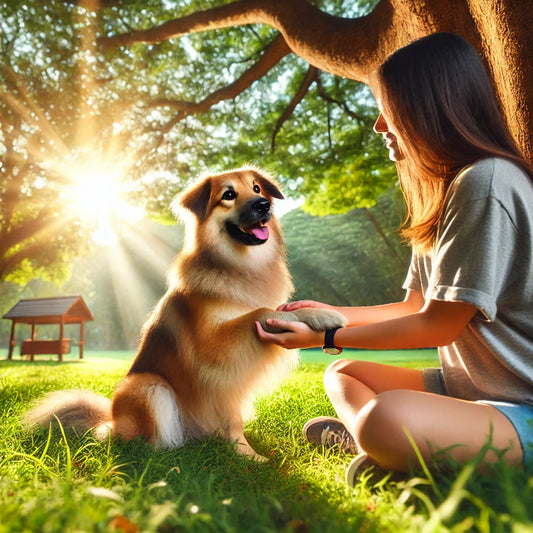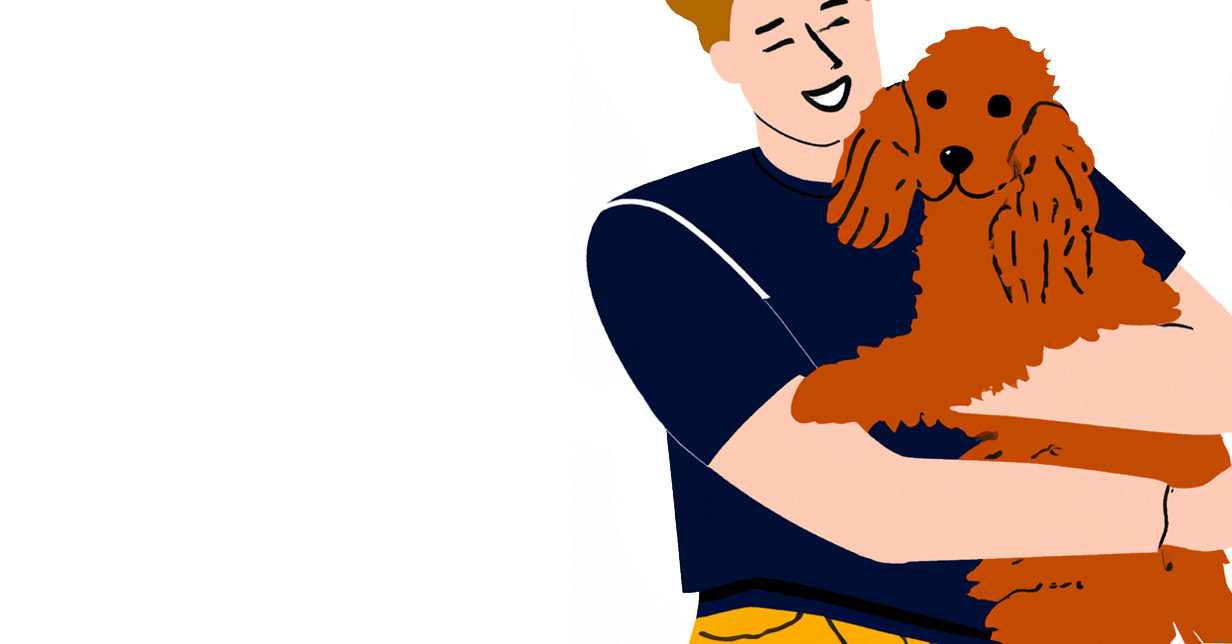
Urinary Frequency in Dogs: What to Know
Share
Similar to people, dogs can have a variety of urination-related issues. The need to urinate more often than usual, several times throughout the day and/or night, is a problem known as pollakiuria. The next issue is polyuria (when the body makes and passes more urine than is normal). Urinary incontinence is a fourth issue, whereas stranguria (straining to urinate) is a third issue.
@pawselite Urinary Frequency in Dogs: What to Know..Link in bio.. #horrify #superbowl #eagles ♬ Flowers - Miley Cyrus
According to Dr. Jerry Klein, Chief Veterinary Officer for the AKC, "Any change in your dog's urine patterns should be reported to a veterinarian as soon as possible, since it may signal an underlying medical condition." It's crucial for dog owners to distinguish between an increase in urination frequency and an increase in pee production because both could cause issues and it’s important to diagnose and find the underlying issue.
How Often Should My Dog Pee?
To mark their territory, dogs seem to have an infinite supply of pee. However, according to Dr. Klein, healthy adult dogs typically need to go to the bathroom three to five times per day. Unless the breed is prone to renal (kidney) problems, the volume of urine the dog produces shouldn't be affected by its breed. There are, of course, exceptions.
While older dogs may become incontinent, puppies drink more water, have smaller bladders, and urinate more frequently. It's common for female dogs in heat to urinate more regularly. The same is true for anxious dogs who have schedule changes, housing changes, or other significant changes in their routines; it also applies to anxious dogs who are separated from their owners or who are acting submissively.
When to Call Your Veterinarian
- If your pet has blood in their urine or is lethargic, not eating, or vomiting.
- Any time your dog strains to urinate or can’t pass any urine. This is considered an emergency.
- When your dog’s frequency, color, or amount of urination changes.
Reasons That Frequent or Abnormal Urination Might Occur
Changes in urination can have a wide range of potential causes, making diagnosis difficult and necessitating a veterinarian's knowledge. These are a few of the ailments your vet may identify as the source of your pet's increased frequency or volume of urination.
- Urinary Tract Infection (UTI)
- Urethral Sphincter Mechanism Incompetence (USMI)
- Prostate Disease
- Pyometra
- Cystitis
- Kidney or Liver Disease
- Diabetes
- Bladder Cancer
- Cushing’s Disease
- Urinary pH Imbalance
Did You Know Paws Elite Has The Best Prices?










